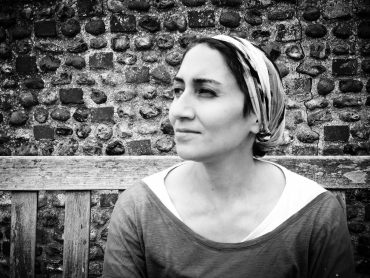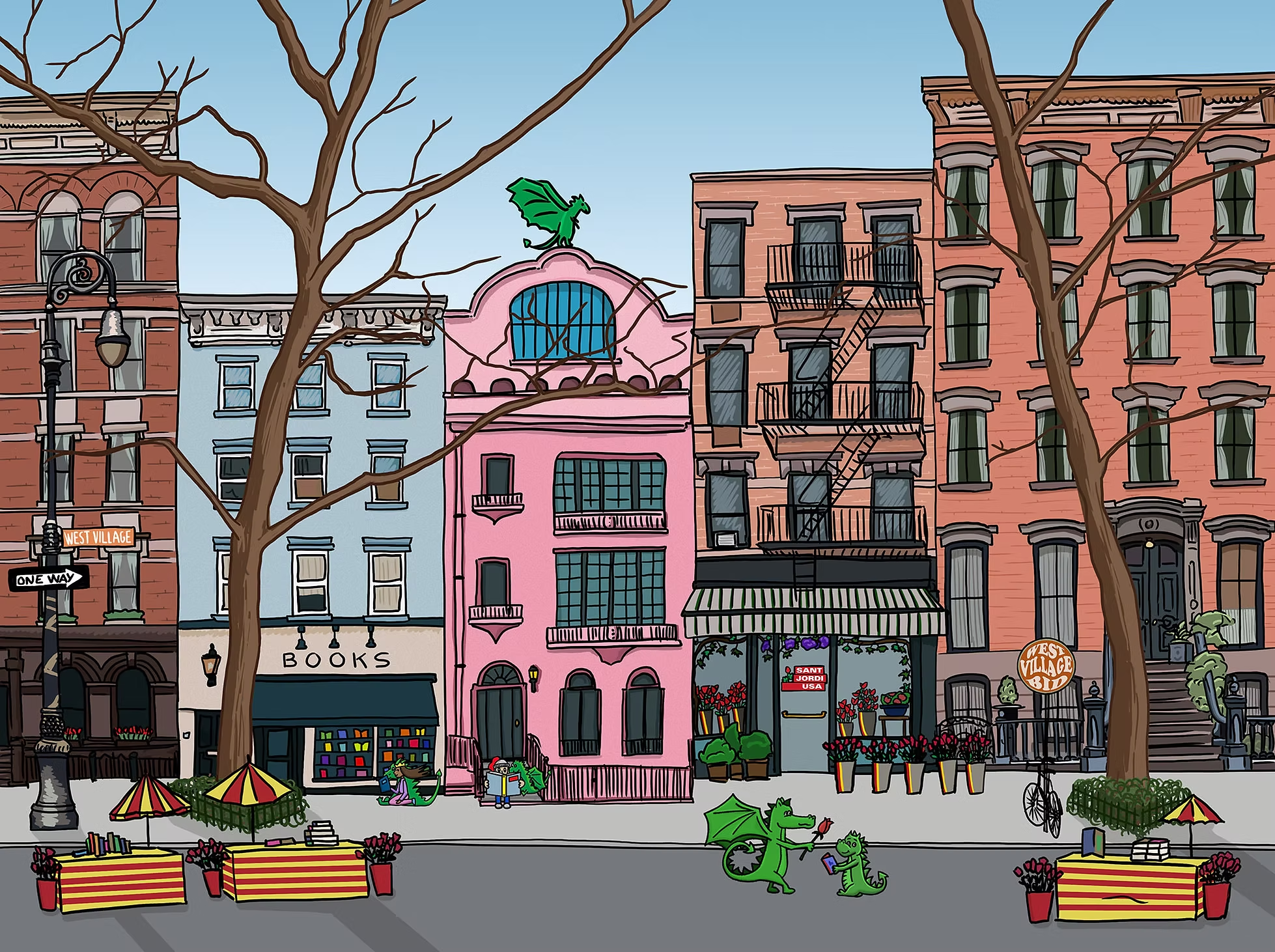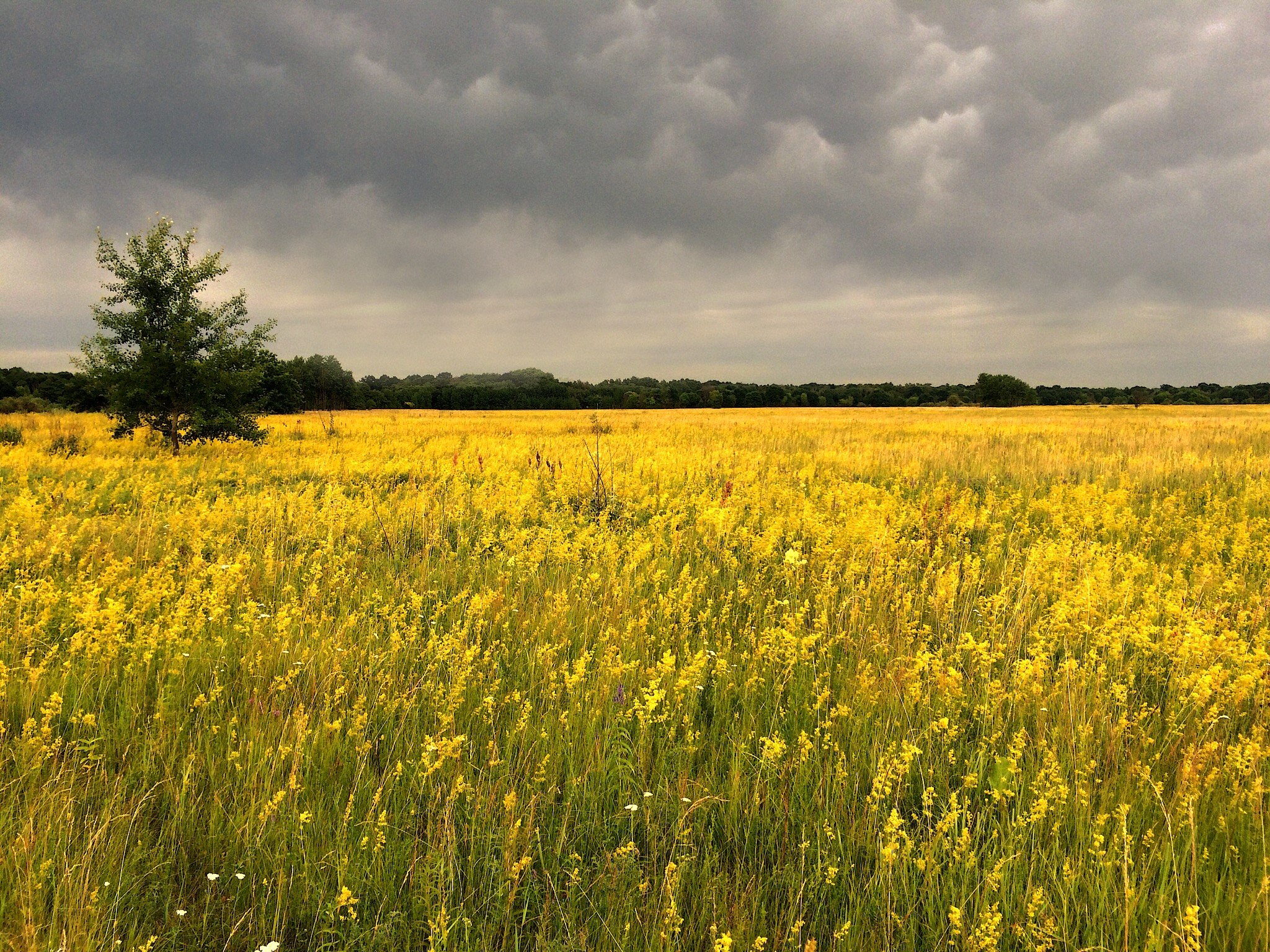Translated by NASHWA GOWANLOCK
It was raining nonstop, and the flowing stream of rainwater collected anything it met along the dirt track. As if this apocalyptic scene weren’t savage enough for God, the rain brought with it thunderstorms and gales that threatened to uproot the streetlamp and thin cypress trees dotting the neighborhood.
It was freezing cold, and my grandmother crouched in a corner of the house near the dakhoon, which no one had lit, shivering under her black woollen shawl. From time to time, she muttered, “Oh, Mary, mother of Jesus, protect us!”
All us kids were huddled on the concrete bed near the large window—the “Door of Secrets.” We stared out at our world, which had transformed overnight into a horror show of flooding, mud puddles, thunder, and lightning, and filled us with fear.
But our anxiety was no match for our grandmother’s. She was terrified every time February came around, scared that it would seize her, like the proverbs foretold. Every time “Fickle February” came about, capturing the proverbial “Um Hussein in the blink of an eye,” my grandmother would pray seven rounds of the rosary, or seventy, as if begging: “Please, God, don’t turn me into the next Um Hussein this year.” It was thanks to this that my grandmother remained steadfast, like an olive tree, for many years, while all around her people lived and people died, nations were born and others erased from the map, diseases were cured and others emerged. My grandmother continued being her absentminded self, concerned with nothing other than the dreaded month of February.
It was almost three o’clock in the afternoon, the time my mother usually came home from her job in the city nearby. We stared glumly out of the window, feeling sorry for our mother and what she had to endure on this horrifying day. The fireplace had turned the walls of our old house black, and the paint was peeling and flaky. The concrete bed was as cold as the surface of a mortuary fridge. There were five of us, writhing with hunger, but food was nowhere near as urgent as Mom getting home safely. Ever since the Six-Day War, my mother, who had been forced to find a new job in the city, along with a few of the women from the village, had to walk down a long, muddy dirt road that ran from the bus station to our house. Along the way, she would shelter under the roofs of the other houses she passed, waiting for the rain to die down a little. But today it was clear that the rain wasn’t going to let up and that outside she faced a day like no other. I didn’t understand the connection between that doomed war and my mother going out to work. But seeing how exhausted she was when she came home after toiling away in the kitchen on her feet all day made me certain that there was a dangerous link between politics and the fate of poor people like us.
Seeing our mother approach the house, as sturdy as a mountain that the wind could never shake, snatched us from our inner turmoil. She was loaded with bags and soaking all the way from her head to her muddy shoes. We charged at the door to greet her. Even my grandmother, who had been sitting as still as a statue, fluttered up from beneath the shawl, her body revived as she rattled out a greeting: “Hello, hello. Why are you late? I thought you were never coming home….”
My mother cast her a reproachful glance that seemed to say, “May God forgive you, Mother-in-Law!”
But my mother didn’t say anything as she took off her wet coat. We grabbed the bags from her hands, took her tattered handbag, and scurried off in different directions, one of us fetching her a towel to dry her face and hair, one bringing her some house shoes, and another one a glass of water. Then we piled up around her, feeling blissful. Her face shone like a red apple from the Golan Heights as she asked us, “Have you eaten?”
“We weren’t hungry!” we chanted boldly.
And so our mother headed to the fridge that was in the corner of the kitchen, next to the stove, and began to prepare a meal so delicious I can still remember the taste.
The house immediately transformed into a small paradise, pulsing with life, until we completely forgot what was happening outside. She lit the firepit using some of the dry wood piled up in the corner. My father, who came home at the end of each week, had gathered the wood before he went back to the distant city where he worked. My grandmother sank back into her seat and under her shawl, having by now forgotten all about the month of February, remembering instead to yell at me from time to time whenever we started laughing a bit too loudly: “Cover your mouth with your hand when you laugh. It’s not ladylike to bare your teeth like that!”
When my teacher noticed that I put my hand over my mouth when I laughed, or talked or smiled, she yelled at me too—“Get your hand off your mouth!”—leaving me completely confused!
My mother looked out of the window. “You were born soon after the end of Israel’s military rule,” she said to me, referring to the period following the Nakba in 1948, when the new Israeli government imposed military rule on the Palestinians who remained and became Israeli citizens. “The weather was almost the same as this. No one visited me at the hospital; not even your father. It was snowing, and no one even bothered to call and congratulate me for having another daughter!” She sighed. “So I pulled the covers over my head and wept.”
I remembered what happened when my brother was born after four consecutive girls. That day, after school, two of my aunts stood on either side of the school gates like police officers, handing out sweets to the teachers and passersby.
It had been hot that day, and when I got home, I found the rest of my aunts, led by my grandmother, slaughtering chickens, then plucking their feathers in preparation for a feast to celebrate the glorious event. Even my mother, who had just been discharged from the hospital, stood at the sink washing dishes. She looked tired but never dared to grumble.
I now heard my mother saying something else about the days of military rule: “Ever since then, we’ve never been given a break, and nothing’s changed. Even the dead can’t rest in their graves.”
But my grandmother wasn’t impressed: “Why are you bringing the dead into this now?”
And that’s how it went between my mother and grandmother, so much so that no one noticed that the rain had stopped, along with the gales. Nor how the clouds had cleared and the sun crept over the house, making its old walls glow like some ancient treasure, as if some sort of spell had been cast to deliver a different ending to this day.
We also didn’t notice our old neighbor coming in, preceded by his cane, until he called out a greeting. Once again, we scampered, this time to bring him a chair so he could join us near the firepit. In a booming voice that didn’t match his old age, he said, “Praise the almighty God. Who would have thought a morning like today would turn into an afternoon like this?”
Then, without waiting for a response, he continued: “Whoever called February fickle wasn’t lying.”
This neighbor of ours was famous for his proverbs, and he had an endless supply of stories and sayings, always insisting that life was the greatest teacher. He was guided by a strong conviction, ever since he was born and opened his hawklike eyes to the world—those eyes that only once shed a tear. That was the time when the village of Tarbikha had blazed for seven days and seven nights, when Israeli forces stormed several villages near the Lebanese border in 1948. Tarbikha, with its olives, tobacco and other plants, cows, and harvest of dried tobacco leaves, where he witnessed villagers flee as flames engulfed an old, crippled woman whose voice still rang in his ears as she called out, “Mohamed!” And since the day he was forced to flee, along with everyone from Igrit, the nearby village he was from, after the Arab Liberation Army—the “Bolting army,” as our neighbor calls them—bolted, he never put his faith in politicians, parties, or promises. Instead, he held on to his belief that “if there is a God, then we will return, without a shadow of a doubt.”
Our neighbor was considered one of the family. He was as svelte as a young man, although he still wore a hattah and iqal, the headdress and cord that no one wears anymore in villages like ours.
He also had a talent for storytelling, and this story about Tarbikha and Igrit in particular lured me. His bizarre belief that people will always regain what is rightfully theirs, even if it takes a thousand generations, brings the story to a natural close, ending in happiness and joy.
On hearing this story, my grandmother would say, “The Israelis are better than others. At least they give us social security benefits.” She further insisted that “the Israelis are better than the Turks, who made us ride on donkeys, and better than the English, who hanged the young people of this country.”
But our neighbor didn’t agree.
He said, “The Israelis are the most oppressive and cruel people, because they don’t dish out favors unless it benefits them. And they benefit from the social security payouts too.” Our neighbor didn’t need to read history books or heed anything from the past, since he had seen it all himself: how the bellies of the pregnant women were slashed; how the girls were raped, and the men killed on their way to earn a living; how the children and elderly lined up with their arms raised, their heads lowered on the walls, awaiting their miserable fate. And how, with the policy of “kill what’s barren in the land to cultivate what’s in the fields,” entire villages were destroyed, others wiped out entirely, and fear swept through the people. And the rest is history.
My grandmother started crying as if she suddenly remembered it all. “God will avenge us,” she said, which was the first time I’d ever heard her say the word “God.”
Our neighbor confirmed that, yes, God would avenge the wretched people who didn’t commit any sins or crimes, and that history is always on the side of the people. Then our neighbor left, and, since it was late, we went to bed. At first, my grandmother didn’t sleep, knotting her hands over her chest instead and repeating the words like a broken record: “God is great. He will avenge.”
But later that night, February seized my grandmother. She had been sleeping quietly in her bed, comforted and contented, as though in these final days she had seen her future. Her white braids dangled on the pillow, and her hands were entwined above her chest, exactly as I had seen her in her last moments.
The strange thing was, when everyone gathered to mourn my grandmother’s death, I was sure I could see her lips moving, and I was absolutely certain that she was mouthing the same final words I had heard her utter the previous night.
Suheir Abu Oksa Daoud is a Palestinian writer from Mi’ilya village in Western Galilee and the author of Palestinian Women and Politicsin Israel. She holds a PhD in political science from the Hebrew University of Jerusalem. Currently she is a professor of politics at Coastal Carolina University. Daoud has authored numerous articles and op-eds in Arabic, Hebrew and English and has published four volumes of Arabic poetry and literature.
Nashwa Gowanlock is a writer, editor, and translator of Arabic literature. Her translations include After Coffee, by Abdelrashid Mahmoudi, and Shatila Stories, a collaborative novel by nine refugee writers. She is the co-translator, with Ruth Ahmedzai Kemp, of Samar Yazbek’s memoir The Crossing: My Journey to the Shattered Heart of Syria and is a contributing editor of ArabLit Quarterly.




